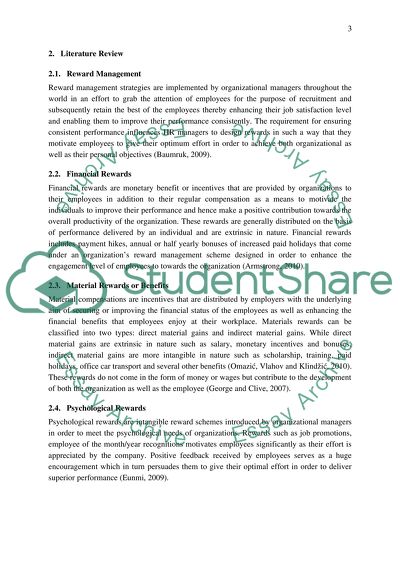Cite this document
(“Effect of Reward Management on Employee's Turnover Intention Essay”, n.d.)
Effect of Reward Management on Employee's Turnover Intention Essay. Retrieved from https://studentshare.org/human-resources/1700174-effect-of-reward-management-on-employees-turnover-intention
Effect of Reward Management on Employee's Turnover Intention Essay. Retrieved from https://studentshare.org/human-resources/1700174-effect-of-reward-management-on-employees-turnover-intention
(Effect of Reward Management on Employee'S Turnover Intention Essay)
Effect of Reward Management on Employee'S Turnover Intention Essay. https://studentshare.org/human-resources/1700174-effect-of-reward-management-on-employees-turnover-intention.
Effect of Reward Management on Employee'S Turnover Intention Essay. https://studentshare.org/human-resources/1700174-effect-of-reward-management-on-employees-turnover-intention.
“Effect of Reward Management on Employee'S Turnover Intention Essay”, n.d. https://studentshare.org/human-resources/1700174-effect-of-reward-management-on-employees-turnover-intention.


